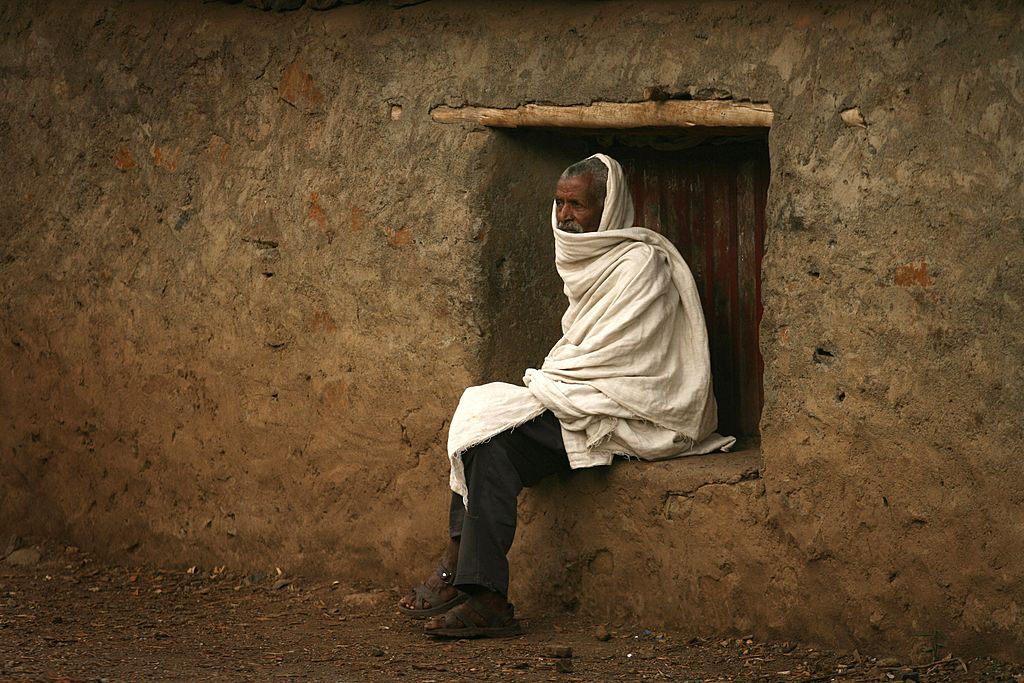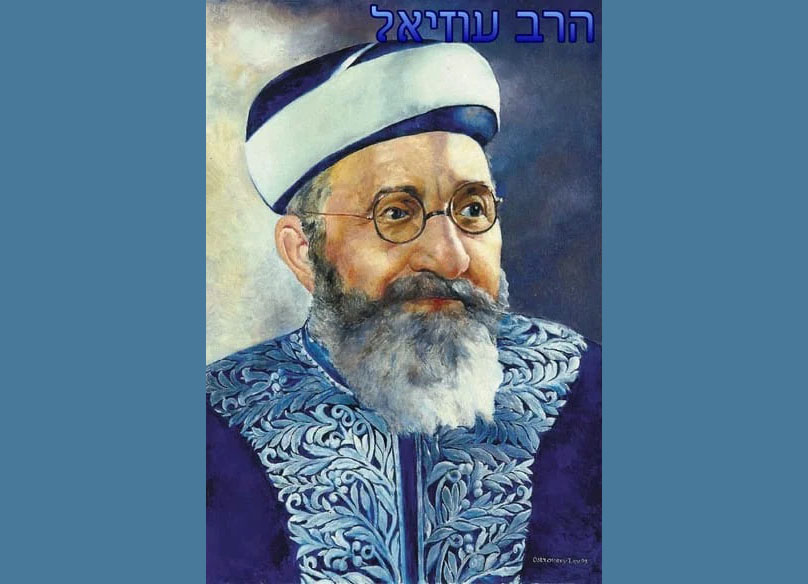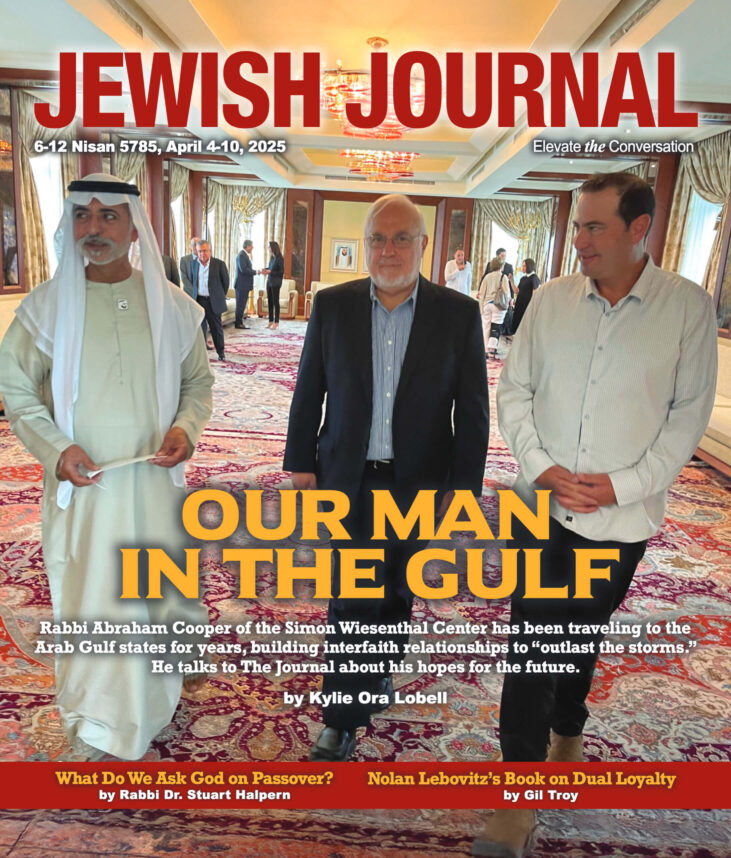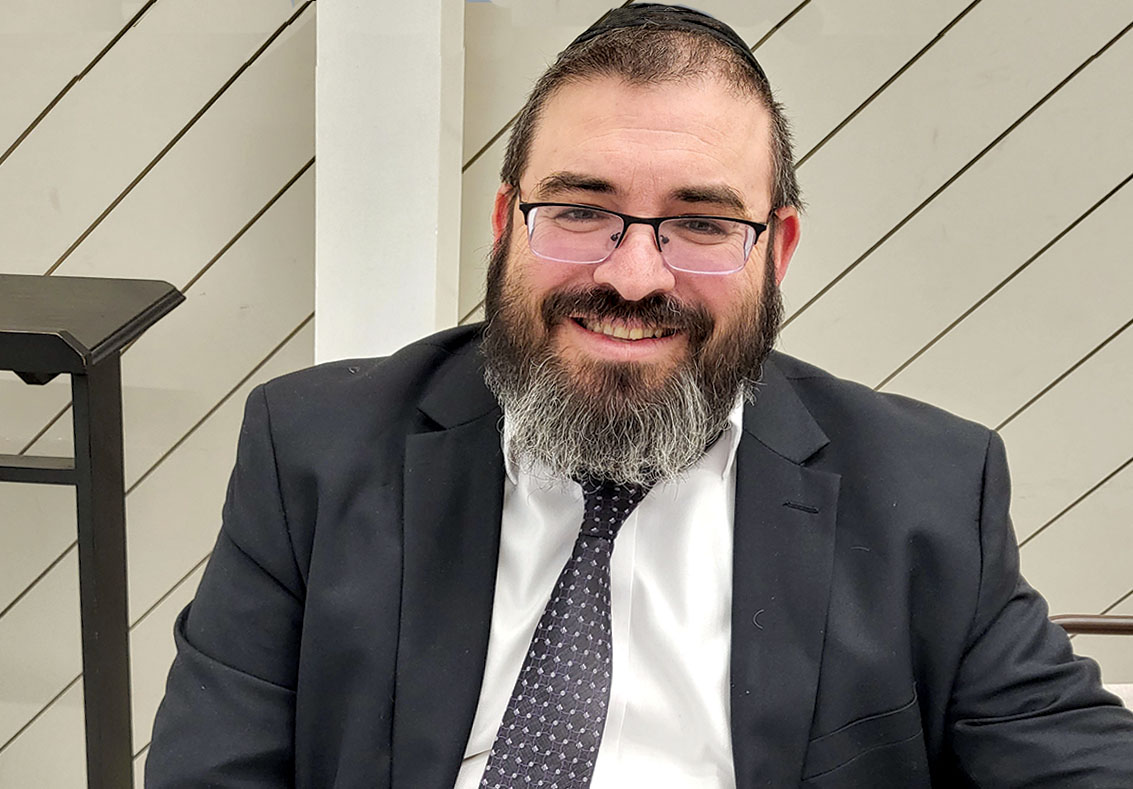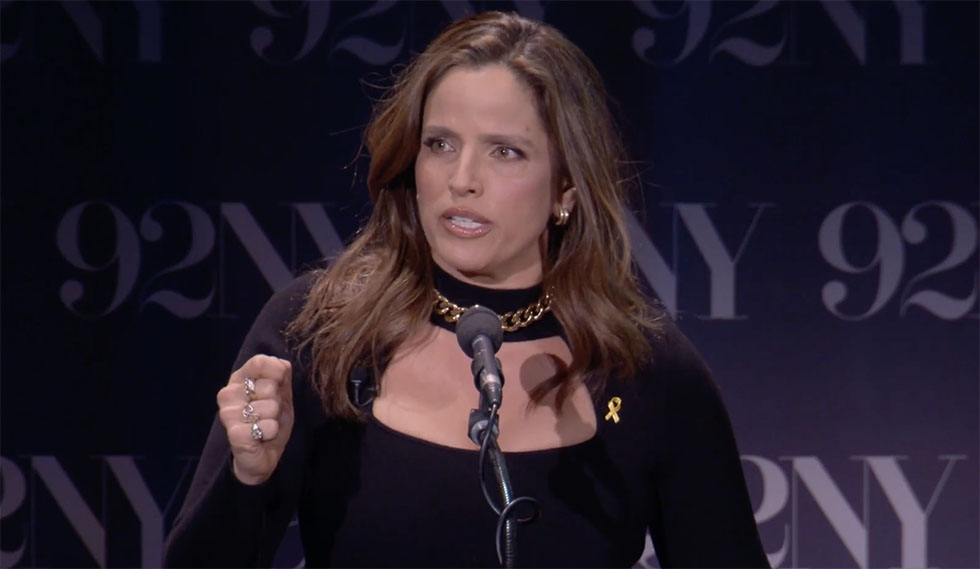Israel’s government and its supporters are promoting a one-sentence strategy to counter a 574-page U.N. report on last winter’s Israel-Hamas war in Gaza: Consider the source.
“The same U.N. that allows the president of a country to announce on a podium its aspiration to destroy the State of Israel has no right to teach us about morality,” Knesset Speaker Reuven Rivlin said, referring to Iranian President Mahmoud Ahmadinejad.
“This is a report born of bias,” Abraham Foxman, the national director of the Anti-Defamation League, said in describing the report released Tuesday by the U.N. Human Rights Council. “What do you do with an initiative born of bigotry?”
The report, written by a fact-finding mission headed by Richard Goldstone, a respected war crimes judge from South Africa who is Jewish, urges Israel to set up independent investigations into what it calls Israel’s war crimes and crimes against humanity.
Calling for the probes to be set up within three months, the report also recommends that international bodies launch prosecutions if Israel does not do so within six months. It makes similar recommendations about Hamas.
The timing of the report is not propitious for Israel, as it sparks a public relations problem ahead of a planned summit to reconvene Israeli-Palestinian talks and open talks with Iran aimed at getting the Islamic Republic to shut down its suspected nuclear weapons program.
A battery of Israeli officials are touring Washington and the United States in an attempt to convey the impression that Israel is more open to negotiations than the Palestinians and that the principal threat in the region is Iran. The report gives Palestinians and Arab nations an opportunity to complicate that effort.
Jewish groups said the strategy now should be to get the United States to dismiss the report as hopelessly biased. Statements Tuesday by Israel’s Foreign Ministry, as well as by Jewish groups that maintain U.N. bureaus such as the American Jewish Committee and B’nai B’rith International, adopted that strategy.
“Israel does not require any external reminder to probe its just actions, especially from a radical body which is comprised from ‘moral’ nations the likes of Malaysia, Syria, Pakistan and Somalia,” Israel’s Foreign Ministry said.
“Let us not forget that this commission was a creation of the Human Rights Council, arguably the U.N.’s most flawed body,” David Harris, AJC’s executive director, said in a statement. “The Council has consistently demonized Israel, while giving a free pass to some of the world’s worst tyrants, from Sudan to Iran.”
Daniel Mariaschin, B’nai B’rith’s executive vice president, told JTA that the report was a case of “There you go again.” He said his group would intensify outreach to member nations to mitigate the report’s damage.
Left-leaning Israeli and pro-Israel groups said such an approach misses the broader point: Israel must account for its actions beyond the internal Israeli army reviews under way.
“The obstacle to peace is the festering anger” in Gaza, said Mitchell Plitnick, a spokesman for B’Tselem, an Israeli human rights group.
Concerns about the report’s bias date back to the Human Rights Council’s mandate last February when it created the fact-finding mission and asked it to probe “grave” Israeli “violations of human rights” during the war, launched by Israel on Dec. 27 after Hamas-sponsored rocket fire from Gaza had intensified significantly.
Israel and Jewish groups slammed the council for pre-emptive conclusions and for not accounting for the intensification of rocket fire under the rule of Hamas.
Goldstone obtained the council’s permission to broaden his mandate and consider Hamas war crimes. The report released Tuesday considers the years of rocket attacks on Israel that preceded the war and concludes that Hamas committed war crimes and crimes against humanity.
Nonetheless, Israel refused to deal with Goldstone or the council, despite Goldstone’s Jewish credentials and longstanding ties to Israel—he’s a trustee of Jerusalem’s Hebrew University, among other things. Foxman suggested that the United Nations was using Goldstone’s credibility to disguise an inherently biased report.
None of the charges in the report’s executive summary are new; the summary appears to compile and replicate many of the charges that were made by some international and Israeli human rights groups.
Among other allegations, the report accuses Israel of having created an “emergency situation” in Gaza through its blockade prior, during and after the war; describes as excessive Israel’s use of white phosphorous, a chemical irritant used as an obscurant during the war; dismisses as unfounded Israel’s claims that all of the approximately 240 policemen slain during the war were combatants; and chronicles about a dozen allegations of Israel shooting unarmed Palestinians without provocation.
Eli Ovits, a Jerusalem-based spokesman for The Israel Project, suggested an on-the-ground approach to countering whatever deleterious effects the report may have on Israel’s efforts to shape the conversation on talks with Palestinians and Iran.
Ovits said his advocacy group would continue to highlight the post-traumatic stress disorder suffered by Israelis within range of Hamas rockets and also would note that in the aftermath of the war, Palestinian moderates have grown in popularity at the expense of Hamas.






